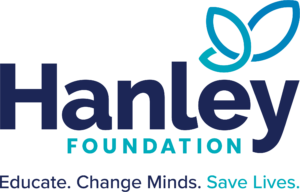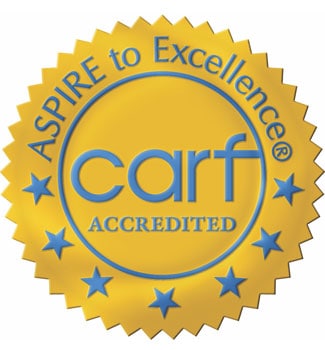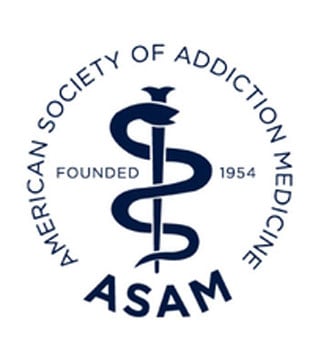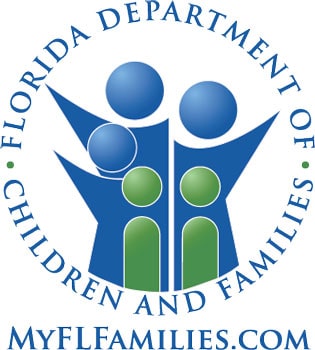Psychedelic Addiction Treatment
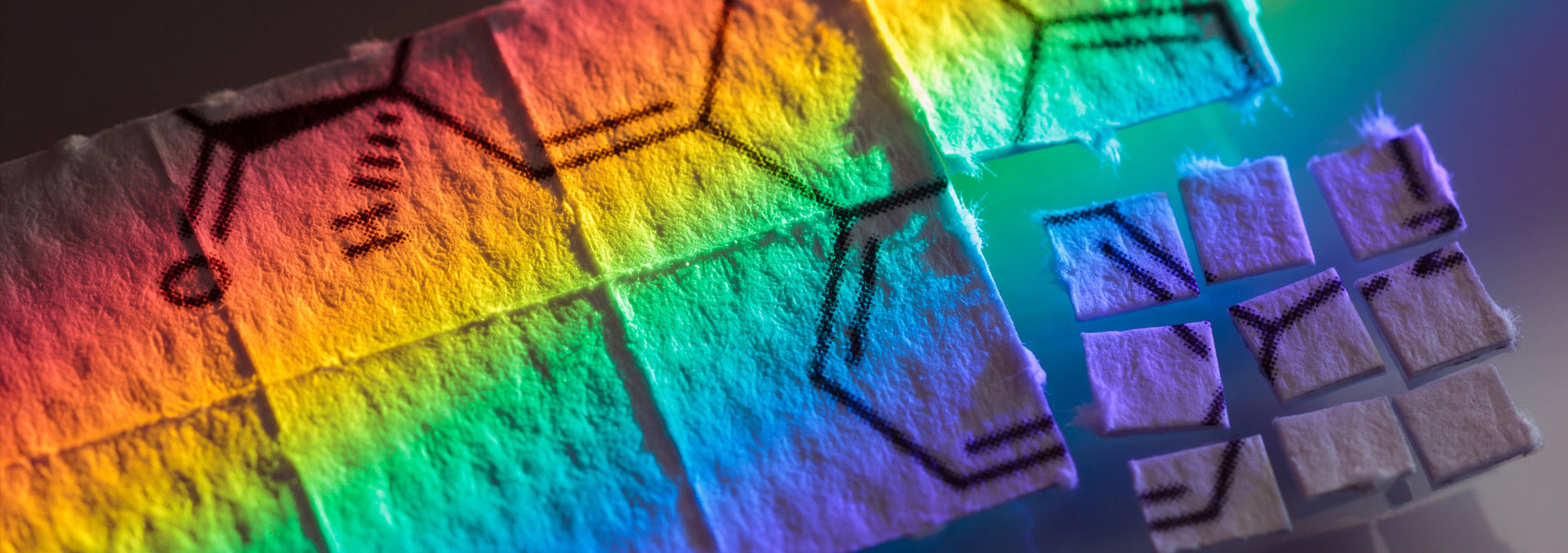
Are you or a loved one ready to move beyond psychedelic dependence? The Hanley Foundation offers specialized treatment plans to help you manage your psychedelic use and build a fulfilling life. We understand the unique challenges associated with psychedelics, and our evidence-based protocols can guide you toward lasting recovery.
To learn more about psychedelic addiction treatment, contact us directly or continue reading.
Common Hallucinogens
Though the properties of various hallucinogens vary, all hallucinogens can cause hallucinations — whether sensations or images — that seem real, though they are not.
Common classic hallucinogens include the following:
- LSD – also known as acid, blotter acid, dots, and mellow yellow
- Psilocybin – also known as magic mushrooms or shrooms
- Peyote – also known as buttons, cactus, and mesc
- DMT – also known as ayahuasca or dimitri
- 251-nbome – also known as 251 or n-bomb
- Ketamine – also known as special k
- Dextromethorphan – also known as DXM
- Salvia (salvia divinorum) – also known as diviner’s sage, sally-d, maria pastora, and magic mint
Are Hallucinogens Addictive?
People tend to think hallucinogens aren’t addictive, but this notion is entirely false. Psychedelics can be euphoric while being used, but they are dangerous to the neurotransmitters in the brain long-term. Some drugs are worse than others; LSD is one of the greatest offenders.
Neurotransmitters promote happiness and well-being and are essential to not feeling anxious or depressed. With each successive use of a psychedelic, an individual diminishes their natural chemical capacity toward happiness until it reaches the point where they are neurochemically incapable of feeling happy without chemicals. The only time they experience joy is while chemically altered by psychedelics.
TYPES OF ADDICTIONS
Signs of LSD Addiction
LSD is not physically addictive in the same way as some other drugs, but people can develop a psychological dependence on it, often referred to as magic mushroom addiction. This means they crave the drug’s effects and have difficulty controlling their use, even if they know it’s harmful.
Here are some signs that someone might have a mushroom addiction:
- Increased Use and Frequency: Using LSD more often or in larger doses than intended.
- Compulsive Use: Needing to use LSD to feel good or function normally.
- Loss of Control: Having difficulty stopping or controlling LSD use despite negative consequences.
- Neglecting Responsibilities: Important activities or social engagements are neglected due to LSD use.
- Continued Use Despite Problems: Continuing to use LSD even though it’s causing problems in relationships, at work, or school.
- Tolerance: Needing to take larger doses of LSD to achieve the same effects as before.
- Withdrawal Symptoms: Experiencing withdrawal symptoms when you stop using LSD, such as anxiety, depression, irritability, and difficulty sleeping.
- Mental Health Issues: LSD use can also trigger or worsen underlying mental health problems, such as anxiety, psychosis, or schizophrenia.
- Flashbacks: Some people who use LSD experience flashbacks, where they re-experience the drug’s effects long after use. These flashbacks can be very distressing and disrupt daily life.
- Risky Behavior: People under the influence of LSD may engage in risky behaviors they wouldn’t normally do, leading to accidents or injuries.
If you or someone you love is experiencing one or more of these symptoms, LSD rehab at The Hanley Center can help.
Hallucinogen Persisting Perception Disorder
While “flashbacks” are something many people are familiar with, many people are not aware that long-term use of psychedelics can make a person vulnerable to a more sustained and constant form of flashbacks. This a medically recognized syndrome called “Hallucinogen Persisting Perception Disorder.” People who’ve experienced HPPD say there is absolutely nothing pleasant about being in the grips of a prolonged flashback, and the most prominent feature of this syndrome is severe anxiety and terror.
Like any addiction, quitting is not easy, and for most, moderating is impossible. We have the experience and expertise to help you overcome an addiction to hallucinogens—whether you are a long-time user or have more recently picked up the drug.
Side Effects
The effects of hallucinogens may last several hours and vary depending on the specific hallucinogen.
Some of the typical effects of the broad group of hallucinogens are:
- feelings of euphoria
- hallucinations or distorted perception
- seeing or hearing things that are not there
- disorganized thoughts or confusion
- anxiety, paranoia, or feelings of panic
- dizziness
- blurred vision
- loss of coordination
- increased heart rate and blood pressure
- irregular heartbeat
- nausea and vomiting
- sweating, which may alternate with chills and shivering
- numbness
Understanding LSD Withdrawal
Here’s what to know about LSD withdrawal and why mushroom rehab might be relevant:
While not physical, LSD withdrawal symptoms can be very real and disruptive. They typically peak within 24-48 hours after the last dose and can include:
- Anxiety and depression: The contrasting emotions of anxiety and depression are common after LSD use.
- Difficulty sleeping (insomnia): Disrupted sleep patterns can leave you exhausted and worsen other withdrawal symptoms.
- Mood swings: Emotional volatility can be challenging, making managing daily life difficult.
- Cravings: The desire to use LSD again to feel “normal” can be intense.
- Flashbacks: Re-experiencing aspects of the LSD trip in a way that can be frightening or disorienting.
Why Mushroom Rehab Might Be Considered:
While LSD withdrawal isn’t life-threatening, the psychological symptoms can be significant. Here’s why mushroom rehab might be a good fit:
- Similar Effects: Psilocybin mushrooms, like LSD, are psychedelics with overlapping psychological effects. Rehab centers specializing in mushroom addiction often have experience dealing with similar withdrawal symptoms from other psychedelics.
- Underlying Issues: LSD use can sometimes be a coping mechanism for deeper issues like anxiety or depression. Rehab can address both the withdrawal symptoms and any underlying mental health concerns.
- Supportive Environment: Rehab provides a safe and supportive space to navigate withdrawal under professional supervision. Therapists can help develop healthy coping mechanisms and relapse prevention strategies.
Remember: If you’re struggling with the psychological effects of quitting LSD, seeking professional help can be a crucial step toward recovery.
LSD Addiction Treatment
Some people may be using hallucinogens to treat undiagnosed mental disorders such as bipolar disorder or depression.
A comprehensive psychedelic therapy addiction program for people recovering from a hallucinogen use disorder, especially those accompanied by co-occurring disorders, should include:
- Evidence-based neurological interventions
- Cognitive behavioral therapy
- Motivational interviewing
- Medical care (including medication, when appropriate)
- Psychiatric services
- Case management services
- Family education and programming
- Life skills training
- Spiritual care support
- Continuing care services
Hanley’s team of multidisciplinary professionals includes physicians, psychiatrists, psychologists, master’s level clinicians, and more. To learn more about our programs, including LSD recovery, contact us today.

Contact Hanley Center
Hanley’s programs provide effective, cutting-edge care that leads our patients to healthier, more confident, and more purposeful lives. Our expertise extends to a wide variety of addictions, ensuring comprehensive support for recovery.
Start your journey to freedom and fulfillment by calling Hanley Center at 561.841.1033.
Hanley Center: Most Insurance Accepted
Address: 933 45th Street
West Palm Beach, FL 33407
